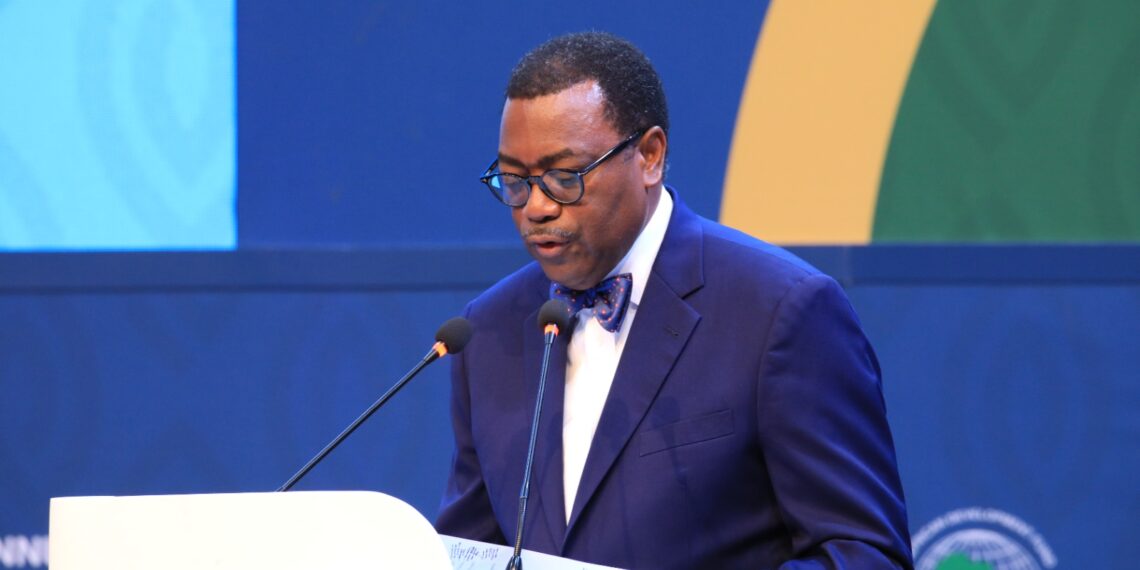AU 3RD GIRLS SUMMIT: dRPC joins 35 other countries to discuss safe schools in Africa
- Education
- No Comment
- 438

The development Research and Projects Centre (dRPC) with the support of the Ford Foundation, under the Safe Schools Declaration drive, participated at the 3rd African Girls’ Summit, that brought together representatives from 35 African Union Member States, more than 100 Young Adolescent Girls and more than 1500 stakeholders – including International Organisations, Civil Society Organisations, Traditional and Religious Leaders; hosted by the Government of the Republic of Niger and the African Union Commission from 16th to 18th November, 2021; under the theme: “Culture, Human Rights and Accountability – Accelerating Elimination of Harmful Practices”, to discuss girls education, safer schools and security resilience in African schools.
The dRPC-Ford Foundation team participated in the pre- summit where over 5 CSOs from Nigeria were support by the dRPC to lead sessions and make recommendations to the AU central committee for the drafting of the 2021 resolutions.
Led by Ambassador Ahmed Shehu, Alhaji Umar Sani Jabbi (Sultan of Sokoto Advisor), and Mrs Abiola Sanusi, the team participated in both the pre summit and the main summit where far reaching decisions were taken on girls education and safe school declaration and security.
At the end of the 7 days summit, participating countries and organizations pronounced the following outcome and commitments of the Summit – to be referred to as the “Niamey Call to Action and Commitment on Eliminating Harmful Practices”;
Preamble

- Recalling Africa’s Transformative Agenda 2063 on the “Africa We Want”; the African Charter on the Rights and Welfare of the Child; the African Charter on Human and People’s Rights, and its Protocol on the Rights of Women – Maputo Protocol; the Maputo Plan of Action on the Operationalisation of the Continental Framework on Sexual and Reproductive Health and Rights; the Addis Ababa Declaration on Population and Development; and the Solemn Declaration on Gender Equality in Africa;
- Reaffirming the Ouagadougou Call to Action on Eliminating Female Genital Mutilation of 2018; and the Cairo Call to Action on Ending Child Marriage and Female Genital Mutilation of 2019;
- Considering that globally, more than 200 million women alive today have been subjected to female genital mutilation, with Africa accounting for more than 80% of global prevalence; and more than 650 million women alive today were married before their 18th birthday, where Africa accounts for more than 125 million of these cases;
- Noting with Concern that more than 50 million girls below 15 years of age are at risk of being subjected to female genital mutilation by 2030 in Africa if current trends are not addressed; and projecting that, with the addition of the COVID 19 pandemic, up to 2 million additional cases of female genital mutilation, and 10 million child marriage cases are anticipated by 2030;
- Considering the need to preserve and celebrate Africa’s arts, values and cultural heritage that promote the rights and welfare of women and girls; and the critical role of creative arts in efforts to address harmful practices, such as Child Marriage and Female Genital Mutilation through dialogues and social, behavioural change interventions;
- Recalling the declaration of the AU Theme of the Year 2021 on Arts, Culture and Heritage: Levers for Building, “the Africa We Want”, and the commitment by African Governments to leverage on arts to induce socio economic transformation on the continent;
- Noting the critical need for accountability at all levels, including on legislation, policy, programmes, service delivery, information, community engagement, and resource commitment in effort to shift and accelerate actions towards the complete elimination of harmful practices in Africa; and
- Aligning with the global consensus that female genital mutilation and child marriage are harmful practices and some of the worse forms of gender-based violence;
- Note with Appreciation the support and hospitality of the Government of the Republic of Niger, through the Ministry for the Promotion of Women and the Protection of the Child, and under the auspices of H.E. Mohamed Bazoum, President of the Republic of Niger;
The 3rd African Girls’ Summit Calls on Governments and all stakeholders to:
- Invest in inclusive networks of African girls’ artists that promote rights, build capacity and sustain efforts to effectively prevent, and comprehensively respond to harmful practices such as child marriage and female genital mutilation, and putting in place measures to ensure their safety;
- Strengthen strategic partnerships and collaboration between girls, young women, governments, traditional and religious leaders, National Human Rights Institutions and other stakeholders to ensure accountability in the implementation of policies, legislation and programs to accelerate elimination of harmful practices;
- Build an environment that promotes coexistence and mutual respect to eliminate harmful practices by employing targeted interventions and measures that effectively engage boys and men as agents of change;
- Ensure coordinated engagement of all stakeholders to create a safe online environment for children especially girls, by implementing guidelines, policies and programmes to better protect and empower them online, including coordinated support for national strategies, responses and investment for early detection, prevention, and response;
- Enhance investment in the capacities of schools, families and communities as safe spaces that guarantee school enrolment, retention, completion and transition; Page | 3 3rd African Girls Summit Culture, Human Rights and Accountability – Accelerating Elimination of Harmful Practices
- Call on the African Union Heads of State and Government Summit to designate H.E. Mohamed Bazoum, President of the Republic of Niger, as the African Union Champion on Girls Education;
- Redouble Efforts to strengthen girls’ agency, skills and economic empowerment in building resilience to eliminate harmful practices;
- Increase budget allocation in all relevant sectors, including health, education, child protection, ending child marriage and female genital mutilation, through an integrated, inclusive and participatory costing framework;
- Expand access to data and evidence, and strengthen African Union research agenda, as well as systematic and comprehensive data collection mechanisms in prevention, care and treatment and rehabilitation of survivors of harmful practices;
- Actively support girls and women to lead and champion efforts to tackle negative gender and harmful social norms and, address harmful practices in all settings including humanitarian and cross-border contexts;
- Bridge the technology gap, address systemic and gender stereotypes, and enhance girls and young women’s participation in the technology and development sectors;
- Operationalize the African Union Accountability Framework on Eliminating Harmful Practices; and
- Ensure that Girls and young women’s perspectives, needs and concerns are integrated in national COVID-19 recovery plans, in line with the African Union Comprehensive Socio-Economic Response to the COVID-19 Health Pandemic: Caring for Human Security.
Endorsed in Niamey, Niger on 18th November, 2021.






